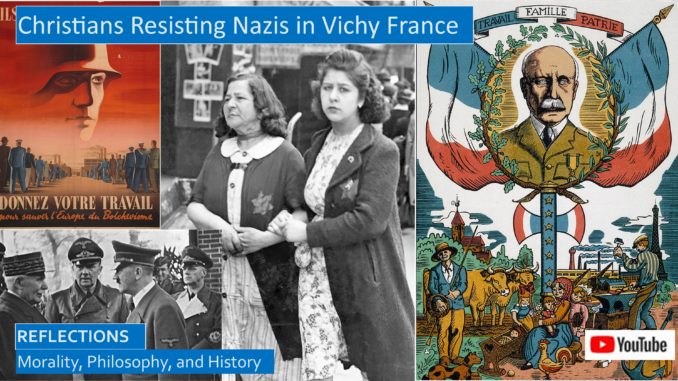
When the Germans invaded France the government and military leaders debated among themselves. Should the government flee to the French colonies in North Africa with the French fleet and continue the war? Should they stay and share the misfortunes of the French people? This debate continued as the German army advanced, the government had to relocate several times, and those in favor of an armistice, including Marshal Petain and General Weygand, won the debate.[1]
The war in France seemed over in 1940, with Germany in control of the continent, the French were asking, how would it be possible for England to fight back? Hitler was quite willing to accept a lenient armistice, lenient on his terms, Hitler did not want the French government to flee to continue the war from Algeria.
Marshall Petain announced over the radio, “With a heavy heart, I tell you that it is necessary to stop the fighting.” Charles de Gaulle remembered bitterly, “Not a single public figure raised his voice to condemn the armistice.” In hindsight we all know the Nazis lost the war, but in 1940 most French expected a final peace conference in a matter of months. Marshal Petain won the gratitude of most French who thought he had saved them from the abyss of another war in the trenches of France. [2]
See blog 1 on Vichy France: http://www.seekingvirtueandwisdom.com/vichy-france-regime-blog-1-pro-life-pro-catholic-and-fascist/
The Nazis occupied the northeast two-thirds of France, including Paris, but left the French Vichy regime to govern the rest France in relative autonomy. Soon the borders hardened between the occupied France and Vichy France. Although the Vichy leaders technically had jurisdiction over all of France, they were not even allowed to travel to Paris. Although some were eventually released, two million French POW’s were held in prison camps in Germany throughout the war, and the French had to pay most of their taxes to Germany as reparations to pay for the occupation forces. The German speaking provinces of Alsace-Lorraine were annexed by Germany. The French were eager to negotiate a permanent peace, but Hitler was not so eager. Again and again Hitler would tell the Vichy leaders that they needed to wait for the end of the war to end for a settlement.[3]
What was the first priority of Vichy France? Politics, of course. The Third Republic was known for its gridlock, its inability to govern, and many leading French decided that their defeat was due to the moral failings of this hated republic. The historian Paxton observes that “the defeated republic, so substantial in its inertia only a few days before, evaporated like the dew.” The time was ripe for change. “In their excitement, Frenchmen committed the most elementary imprudence. In their impatience to avenge old wrongs and transform the conditions that led to defeat, they made major structural changes during an enemy occupation.”[4] Vichy France would replace the French Revolution slogan of “Liberty, Equality, and Fraternity” with “work, family, and fatherland.” The French under the Vichy regime would definitely be far less free and have to work far harder, either as prisoners or for far less pay.[5]
Many of the leading liberals in Parliament had fled France, those ministers remaining in the National Assembly voted to suspend the Constitution of 1875 and grant full powers to Marshal Petain, instructing him to draft a new constitution. Elections were out of the question since the Germans occupied most of France.[6] The government agencies, was now led by professional bureaucrats, old age pensions, so long fought over, were now enacted by decree. The government fought against moral decadence, waging a campaign against alcoholism, reestablishing religious instruction in the schools, church properties that had been seized in 1905 were now restored. Divorce was now forbidden in the first three years of marriage.[7]
Pierre Laval, who had been in and out of power in France for decades, became Minister of State and handled the day to day administration of the Vichy government. He was a true fascist politically, and was eager to meet Goering and work with the German ambassador Abetz. He was eager for France to join the war on Germany’s side, in the early days of the war the French even attacked the English fortress at Gibraltar. If only Hitler could see France as an equal, a peace treaty could be negotiated, the French POW’s could be quickly released, the occupation costs could be reduced, and the government could return to Paris and govern the whole country. Such dreams! Laval was eager to show the Vichy’s plans for antiparliamentary and anti-Jewish legislation. Alas, Hitler was not interested. The armistice had France where he wanted her. She needed to wait until the end of the war for any improvements.[8]
The Vichy government was friendly to Catholics, but was not friendly to Jews. In 1940, long before the Germans began to apply pressure, the Vichy government implement anti-Semitic policies and legislation, although Jewish veterans and long-established French families were exempted from some of the harsher policies. Jews were excluded from prestigious governmental and military jobs, and from teaching and jobs in the media. Foreign Jews were interned in concentration camps. Petain himself may have even consulted with the Vatican on the permissible limits of anti-Semitism. In the next year in the Occupied Zone Jewish properties and artwork were seized.[9] However, many faithful Catholics objected to this persecution.
The historian Paxton speculates on Hitler’s arrogance, “one can only speculate on what would have happened if Hitler had been less vengeful, less wedded to forceful solutions (i.e., had not been such a bully), quicker to sense other’s needs and aspirations.”[10] But if Hitler had not been Hitler, he would not have invaded France in the first place.
Pierre Laval was sacked by Petain in December 1940, greatly damaging French-German relations, as Laval was the Germans’ favored collaborator. History is uncertain exactly why, Petain left no clues as to his state of mind.[11] Laval was replaced by Darlan, who deepened the Vichy collaboration with the Nazis. Two years later Laval would be rehabilitated, the Germans preferred Laval to Darlan. But Laval would be restored to the head of the Vichy government when it was becoming more and more a mere puppet government. At the end of the war Laval was tried and executed as a collaborator. The elderly Petain was sentenced to be executed as a collaborator, but de Gaulle pardoned him, he would die in prison.
Blog 3 for Vichy France: http://www.seekingvirtueandwisdom.com/vichy-france-blog-3-the-tide-turns-resistance-and-collaboration/
[1] https://en.wikipedia.org/wiki/Vichy_France#Fall_of_France_and_establishment_of_the_Vichy_government
[2] Robert Paxton, “Vichy France, Old Guard and New Order, 1940-1944 (New York: Columbia University Press, 1972, 2011), pp. 7-15.
[3] Robert Paxton, Vichy France, pp. 48-62.
[4] Robert Paxton, Vichy France, pp. 136-137.
[5] https://en.wikipedia.org/wiki/Travail,_famille,_patrie
[6] Robert Paxton, Vichy France, pp. 28-32.
[7] Robert Paxton, Vichy France, pp. 137, 147-152, 167, WD Halls, “Politics, Society and Christianity in Vichy France”, (Oxford: Berg Publishers, 1995), pp. 87-92.
[8] Robert Paxton, Vichy France, pp. 64-76.
[9] Robert Paxton, Vichy France, pp. 174-177.
[10] Robert Paxton, Vichy France, pp. 134-135.
[11] Robert Paxton, Vichy France, pp. 92-93.

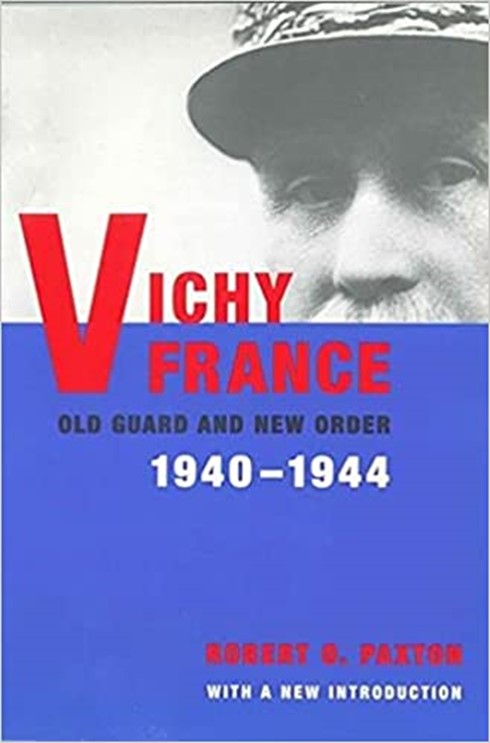
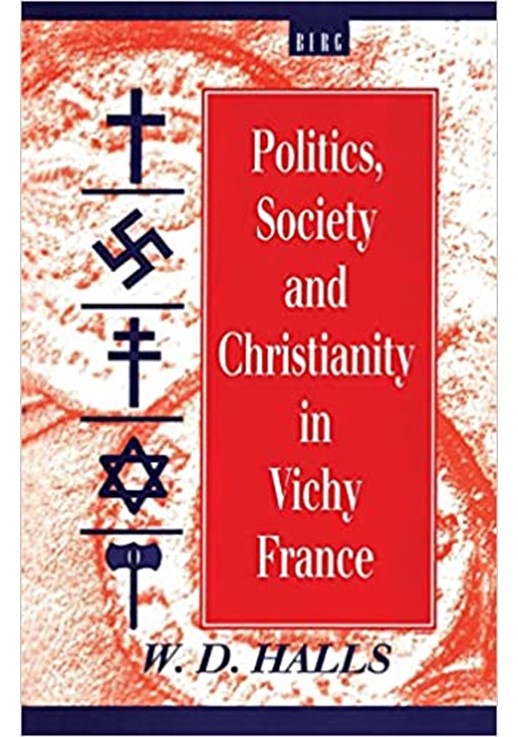
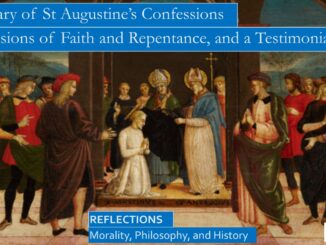
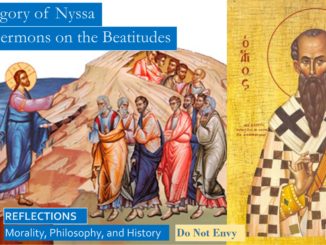
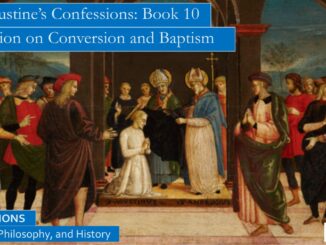
3 Trackbacks / Pingbacks